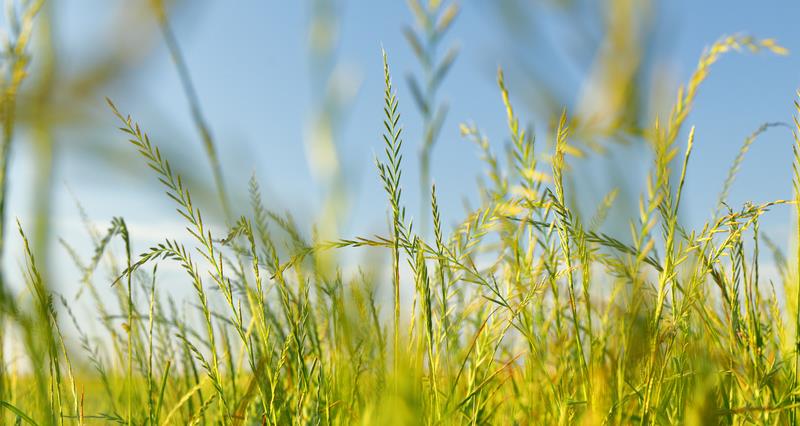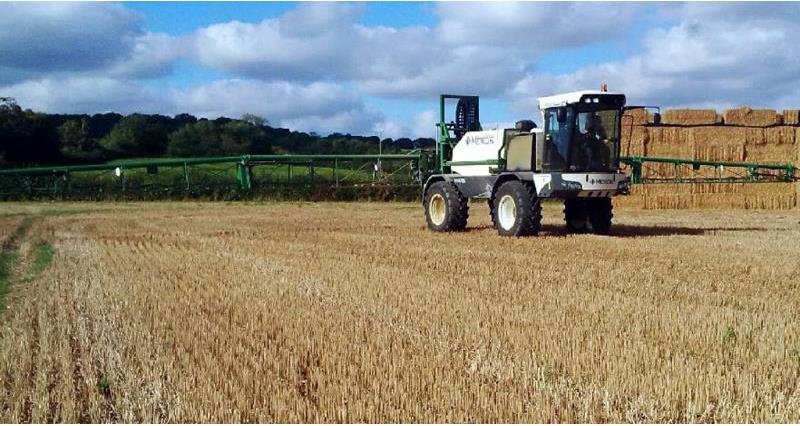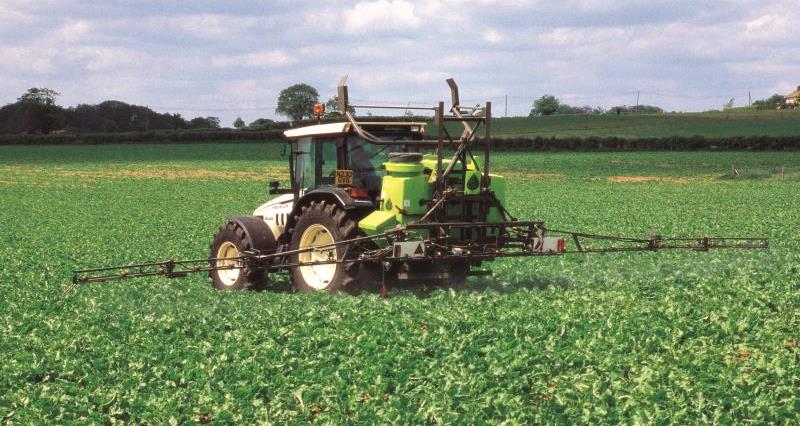Italian rye grass (Lolium multiflorum) is one of the key herbicide-resistant weed species in the UK. As challenges increase over the autumn months, it is important to consider an integrated weed management strategy, for the most effective control and to minimise its impact on crops. When resistance was first recorded in the UK in 1990 and by 2013, evidence showed nearly 500 cases of resistance across 33 counties.
A growing resistance
Surveys in 2019 and 2021 suggested that this trend has continued and herbicide resistance in Italian rye grass is increasing. The most at-risk areas are those where production is mixed, encompassing stock, arable and grass seed production. Rye grass weeds are introduced via three main routes:
- Ploughed-in seeds in animal dung from grazing
- Field-fed hay/silage use of farmyard manure or
- Slurry in an arable rotation seed return to the soil from rye-grass seed crops.
Rye grass infestations cause significant challenges to a crop, particularly in winter wheat and winter oilseed rape. Due to the leaf shape, rye grasses are less visible and therefore easy to overlook, especially at the early stages of development and situated within the crop rows. Significant yield losses can be caused by rye grasses because they compete with the crop for resources.
Tackling Italian rye grass
While herbicide resistance in Italian rye grass is currently not as widespread as that of black-grass or wild oats, it causes significant challenges when it does occur, meaning that an integrated strategy for weed control is the most effective and beneficial approach.
Simple measures, such as ensuring good farm hygiene by thoroughly cleaning equipment, can effectively limit the spread of Italian rye grass seeds by reducing movement between fields and farms. Ploughing can also be a valuable management tool, as the seeds are unable to germinate at depth.
By gaining an understanding of the weed’s biology, better decisions can be made regarding its management and control strategies can be tailored to the individual farm’s circumstances, therefore increasing their success. Where possible, delayed autumn drilling can also improve control of Italian rye grass weeds, as it exploits the lack of seed dormancy.
When using herbicides as part of an integrated weed management strategy, using different active ingredients and a considered approach to the timing of applications will contribute to effective weed control.
A successful control programme in the autumn will also help to reduce the chance of secondary peak emergence in the spring. Rye grasses can germinate over an extended period in the autumn, therefore the use of a herbicide treatment with residual activity can be beneficial in order to ensure continued effects on seedlings that emerge later in the year.
Using herbicides
Contact herbicide might be more effective if a high number of seedlings have already emerged at the time of treatment, for example if treatment is later in the year. This illustrates the importance of informed and appropriate herbicide selection and treatment, based on the specific situation. It is also important to monitor the weed after application of a herbicide, to ensure that it has been effective.
If resistance is suspected, it is possible to test the seed, which is valuable both to inform the continuing weed management plan, and also to provide data to inform the UK-wide resistance situation.


